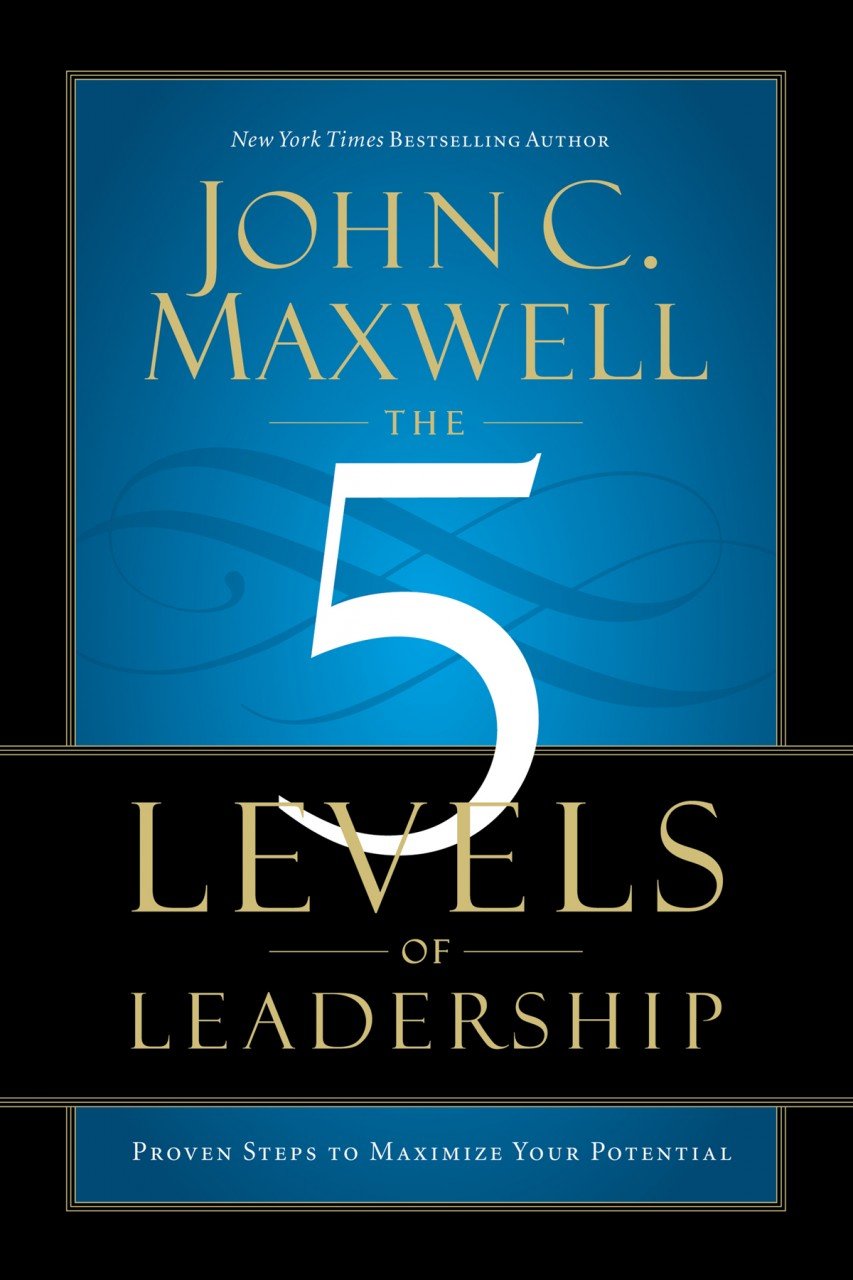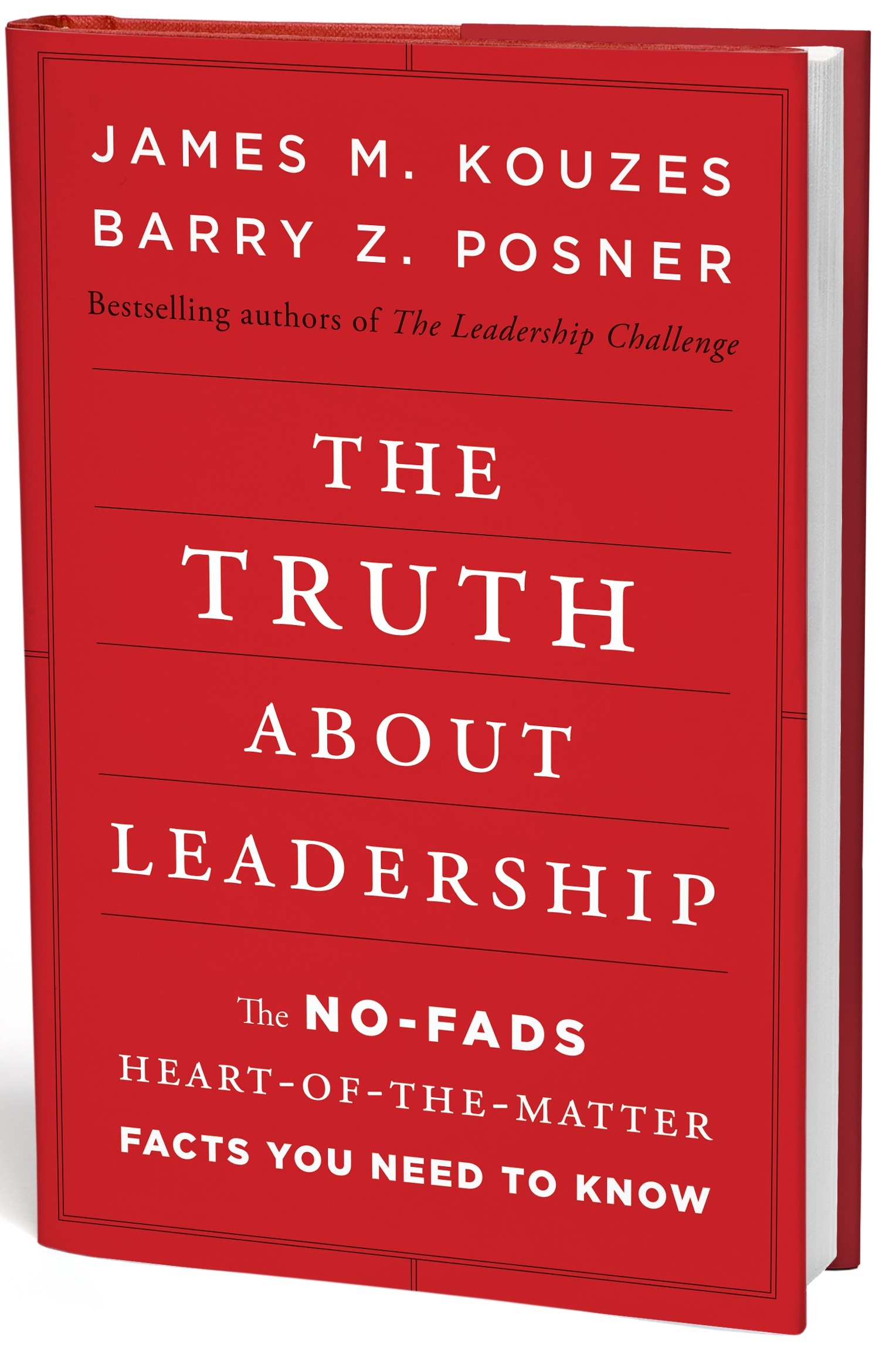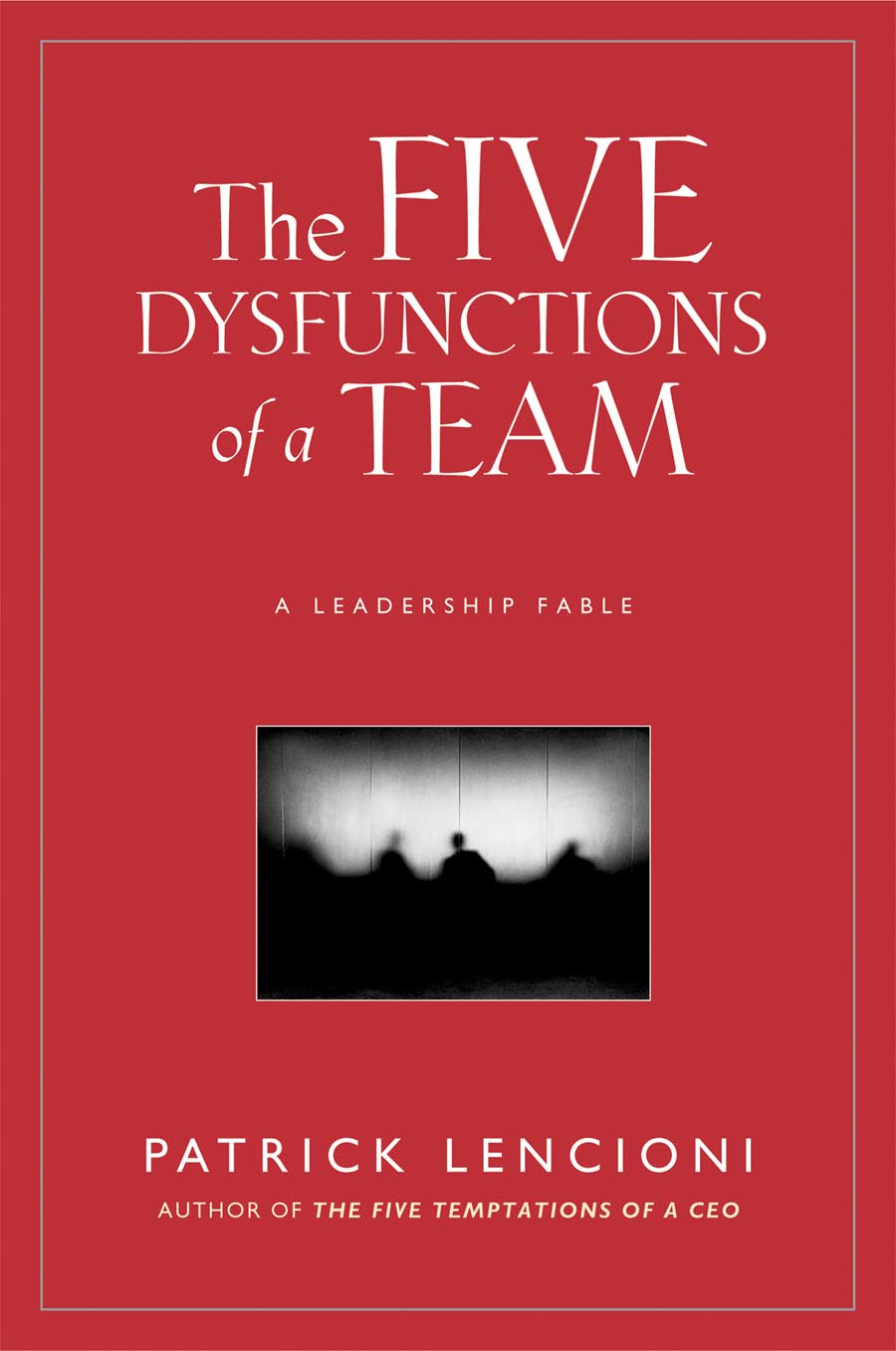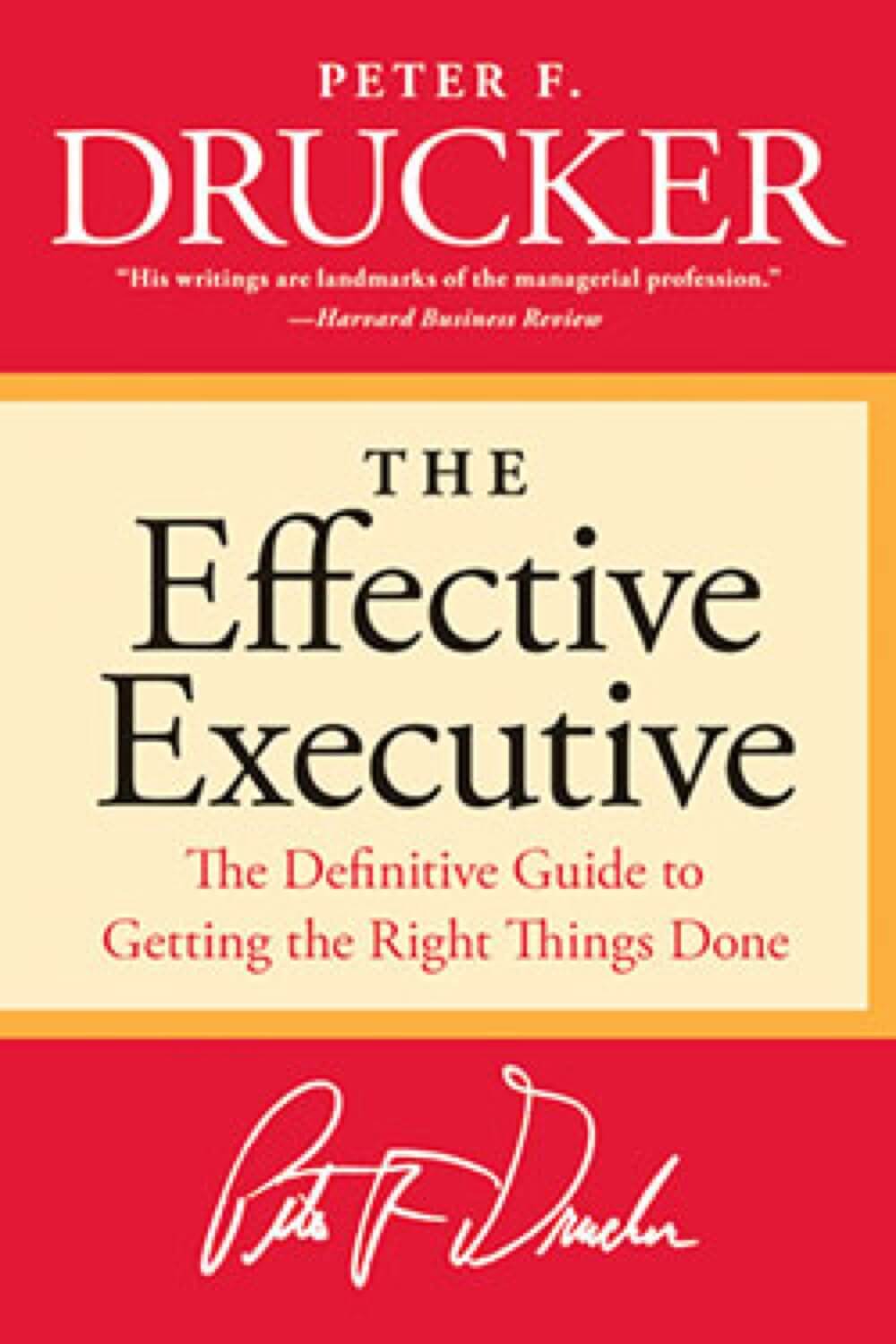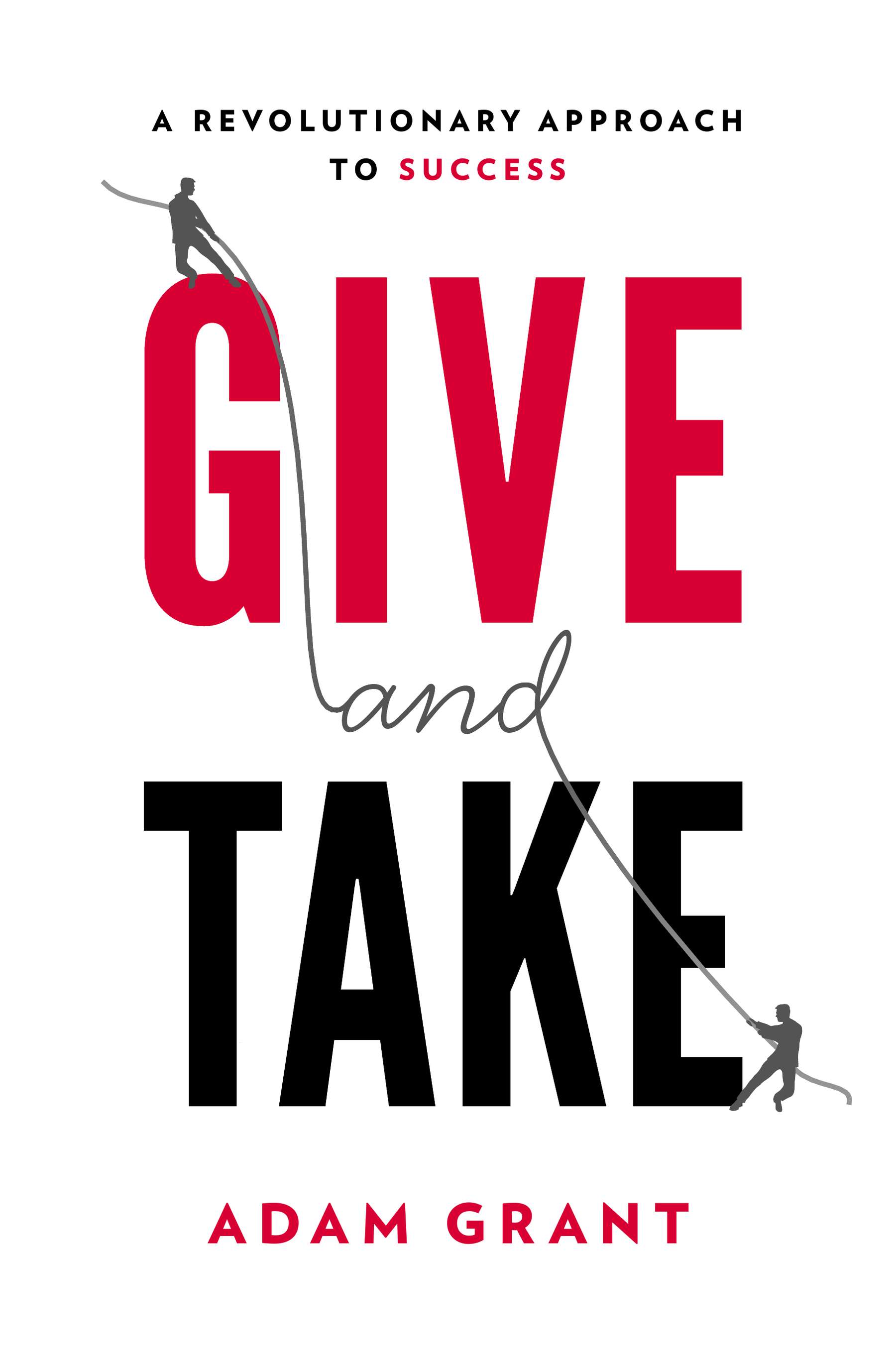Becoming a better leader takes effort, making mistakes, reflection and study. When you lead, you are expected to take chances and take risks. If you are driven by a need for security, you may not have what it takes to become a leader.
To help you understand your leadership strengths and provide practical ideas to lead better, start with reading these books. This combination of personal development, biography and business books provide several perspectives on leadership skills. If you are a regular reader like me, you may find yourself reading the same category of books over and over again (e.g., only business books) and neglecting other genres. Take this opportunity to read widely — there is more than one way to lead successfully.
1. Churchill: A Life by Sir Martin Gilbert
Winston Churchill remains one of the most inspiring and accomplished leaders in history. What leadership skills can you learn from studying Churchill? You can learn the value of personal focus — how Churchill overcame rejection when he started his military career. You can also learn how Churchill developed his public speaking skills. Though Churchill is widely known and respected for his speeches today, those leadership skills did not develop overnight.
2. The 5 Levels of Leadership: Proven Steps to Maximize Your Potential by John C. Maxwell
As one of the most popular and respected leadership authors in America, there is much we can learn from John C. Maxwell’s books and example. Consider his own leadership career as a starting point. He started his career in the church, began a non-profit organization and today leads a successful leadership development company. The ability to achieve success in several industries shows that Maxwell’s leadership ideas have been tested in the field.
3. Washington: A Life by Ron Chernow
America’s first President is widely respected for several important leadership accomplishments. He led soldiers into battle and through years of physical hardship during the War of Independence. He later served as America’s first President, a rare figure who had the ability to unite a young country. But how did he achieve all these leadership feats? Chernow’s outstanding biography takes us behind the scenes with outstanding research that features quotes from Washington’s letters and other sources. To start your Washington education today, read Career Hacks From Young George Washington.
4. Switch: How to Change Things When Change Is Hard
Leaders are rarely interested in the status quo. As a leader, you will be asked to create change. There are all changes of change projects you may lead — launching a new product, improving customer service or improving productivity. In this highly readable book (I read it on the beach and was glued to it!), Dan and Chip Heath explain how change really works. A key insight — change efforts require an understanding of logic, habits and psychology. If you miss one of those aspects, your leadership will fail. The book makes use of stories and studies to teach great points on how to make change happen.
5. The Truth about Leadership: The No-fads, Heart-of-the-Matter Facts You Need to Know by James M. Kouzes and Barry Z. Posner
Your personal qualities and character are key factors in determining your success as a leader. The authors present a compelling case on what makes leaders successful based on decades of research. The first important insight is that honesty and integrity are the foundation for your success as a leader. Without those qualities, few people will be inclined to trust you. The second great insight I learned from this book is the importance of the leader going first and taking risks. For example, if your company is about to adopt a new computer system, you can signal your leadership by being the first to go through the training and then supporting the rest of the team. Thanks to leadership expert Richard Rierson for recommending this book to me.
6. Five Dysfunctions of a Team by Patrick Lencioni
Lencioni has a highly readable style in the world of business books. He tells a compelling fictional story and then has his characters work out his principles over time. In this book, you will learn Lencioni’s perspective on team work. A major lesson from this book: Simply hiring a group of high performance people is not enough to create a team. Relationships within the team matter more. Without that trust and connection, the team will never perform at a top level.
7. The Effective Executive: The Definitive Guide to Getting the Right Things Done by Peter Drucker
Drucker’s classic book has stood the test of time in the business world. Leaders will benefit from reading this book in two ways. First, Drucker provides timeless productivity principles to help leaders manage their priorities. Second, the book has incredible lessons on making decisions and following through on those decisions.
On occasion, some of the language and examples may feel dated. Don’t let that stop you from growing your leadership skills with this classic book. If you enjoy Drucker’s perspective, consider reading “A Year with Peter Drucker,” which provides a detailed discussion of his ideas.
8. Give and Take: Why Helping Others Drives Our Success by Adam M. Grant
Adam Grant has reshaped the leadership conversation with his New York Times bestseller, “Give and Take”. Leaders who give AND take achieve more success — that’s the ultimate lesson from the book. The book is also filled with motivation and productivity studies that will benefit leaders. A great example is the call centre study that Grant conducted. The study focused on a university call center where callers sought donations to the college. The productivity and average donation received significantly increased when the callers had a short presentation from a student who had benefited from the fundraising.
Featured photo credit: Book/kaboompics via pixabay.com


